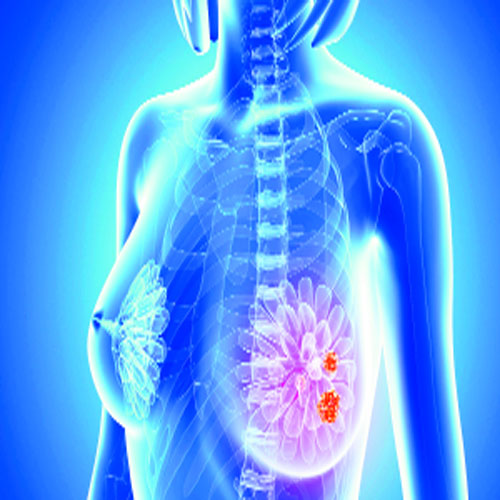Breast cancer meds fail to inspire trust
According to a recent study, only some women who are at higher risk of developing breast cancer think they need to take a drug proven to help prevent the disease. The researchers, led by a team from the University of Leeds, asked more than 400 women at a higher risk of breast cancer whether they thought they needed to take tamoxifen and their concerns about medication. Around 72 per cent said that they were worried about the long-term effects of tamoxifen and 57 per cent believed that the drug would give them unpleasant side-effects. The researchers found that almost 29 per cent of women thought doctors prescribed too many medicines, and more than 35 per cent thought that the doctors would prescribe fewer drugs if they had more time. Around a quarter 24 per cent of them had experienced bad reactions to medicines in the past. In a follow-up questionnaire, answered by 250 women, researchers found that fewer than 15 per cent were taking tamoxifen.
Repurposing Cancer Drugs for HPVs
Researchers have identified cancer drugs that might be repurposed to treat infections caused by human papillomaviruses, or HPVs. HPV infections caused an estimated 2,66,000 deaths from cervical cancer worldwide in 2012, according to the World Health Organization. Routine screening by Pap smears or HPV DNA tests has reduced death rates in developed countries compared to less developed regions of the globe. Highly efficacious vaccines against HPV infection exist — including the recently approved Gardasil 9, which immunises against nine genotypes of HPV known to cause cervical, vulvar, vaginal and anal cancers, and genital warts. The vaccine needs to be given before a person becomes sexually active — it has no efficacy against existing HPV infections.
Excess light may cause insomnia
Exposure to night-time artificial, outdoor light may increase insomnia risk in older adults, scientists say. The study is the first population-based investigation to show that artificial, outdoor light exposure at night in an area increased prevalence of hypnotic prescriptions and daily dose intake. Also, older adults exposed to higher levels of artificial, outdoor light at night were more likely to use hypnotic drugs for longer periods or higher daily dosages. “This study observed a significant association between the intensity of outdoor, artificial, nighttime lighting and the prevalence of insomnia as indicated by hypnotic agent prescriptions for older adults in South Korea,” said Kyoung-bok Min, an associate professor at Seoul National University in South Korea. Researchers showed that the inappropriate or excessive use o f artificial, outdoor light at night, referred to as “light pollution,” has emerged as a novel environmental factor linked to human health.


























